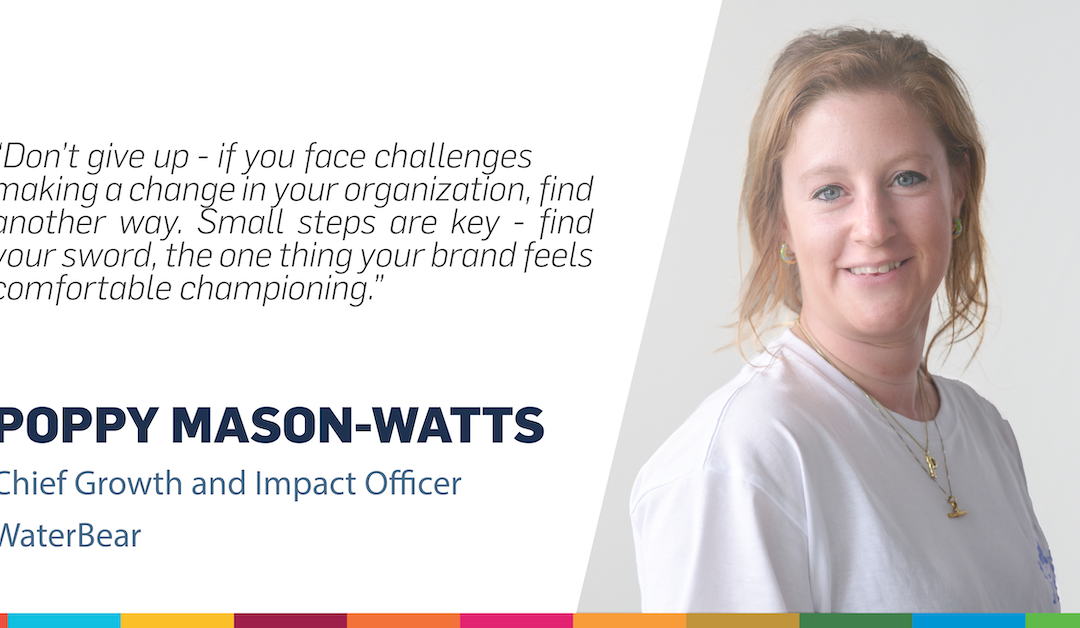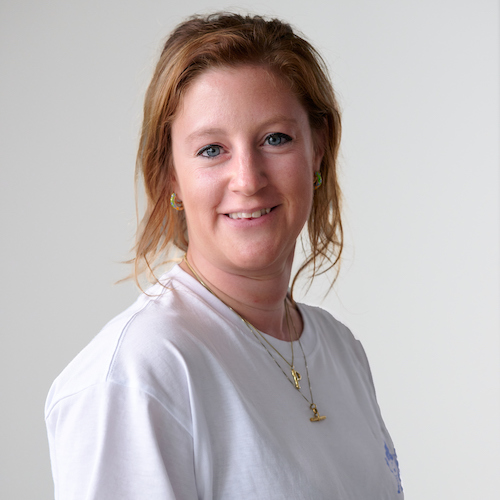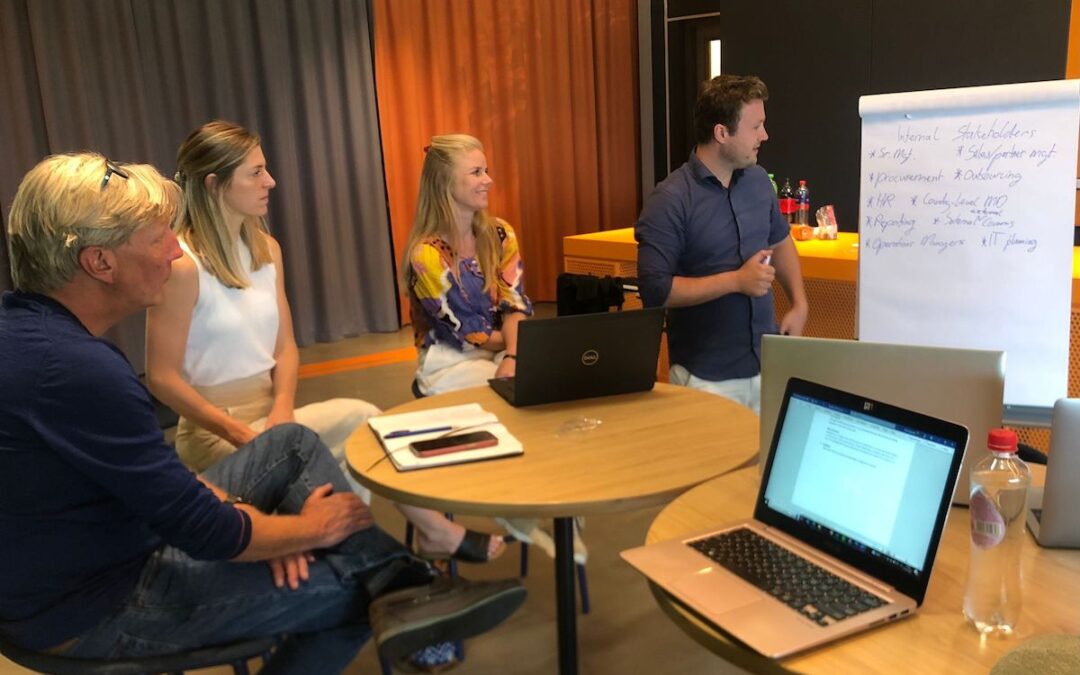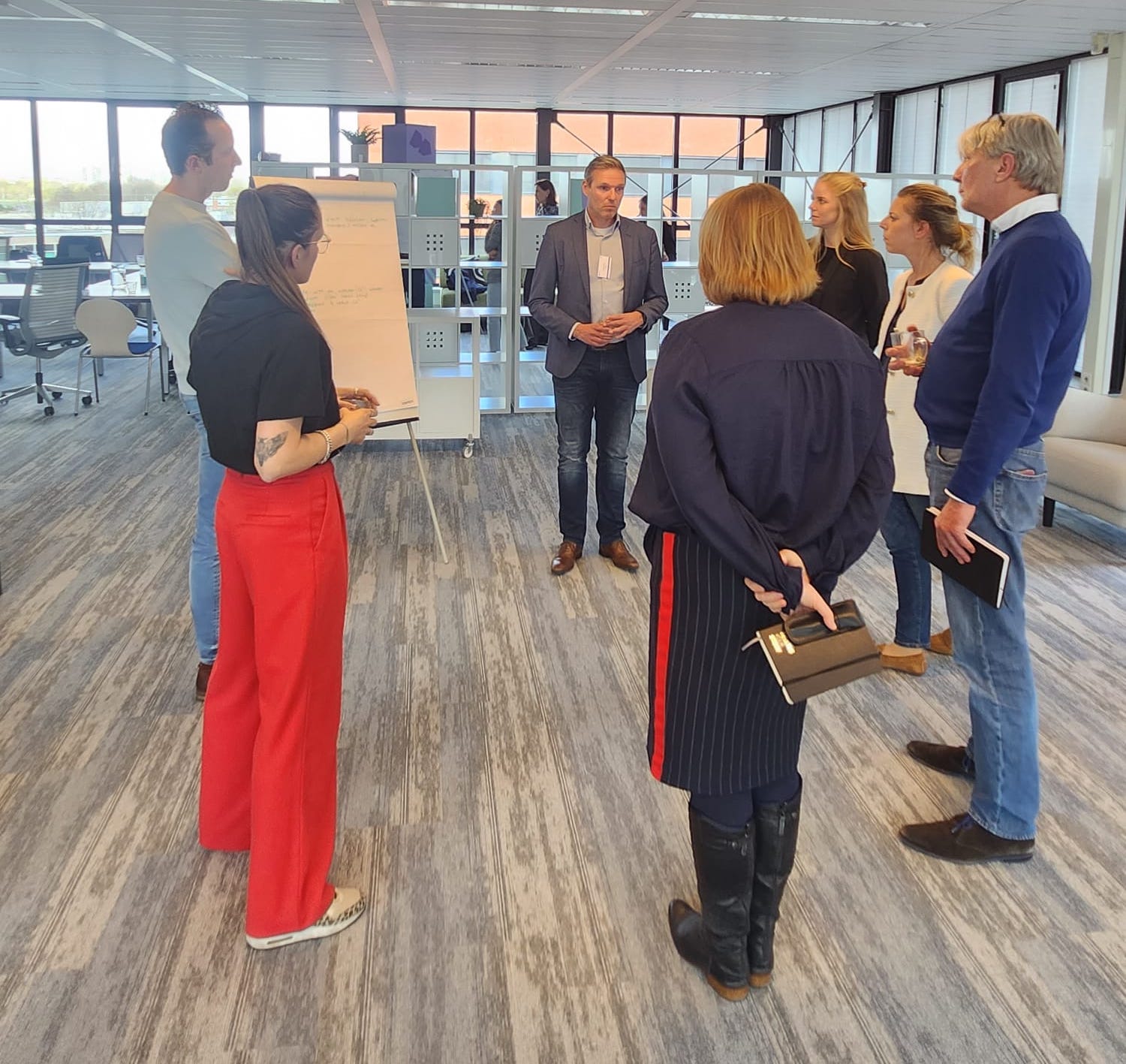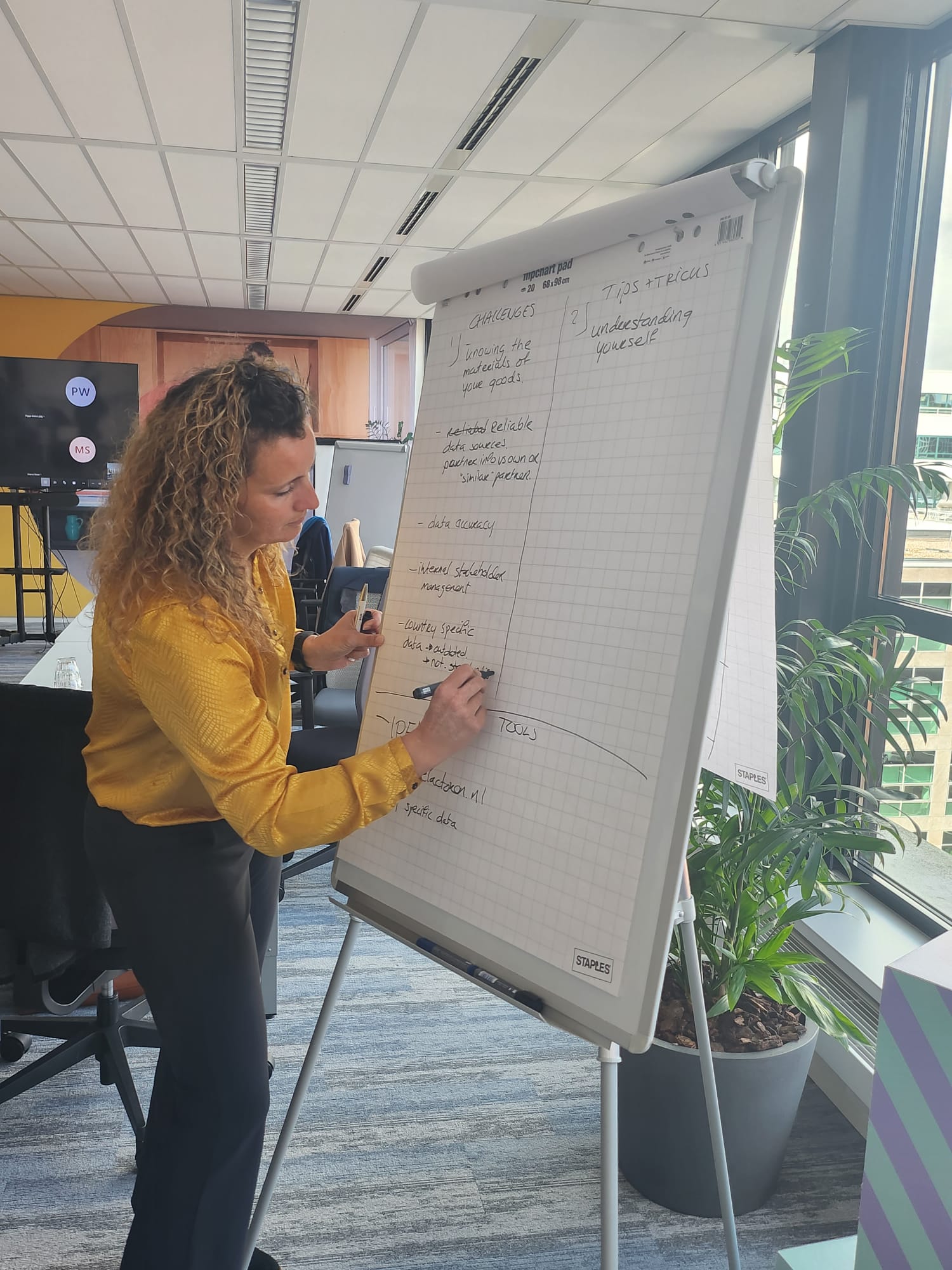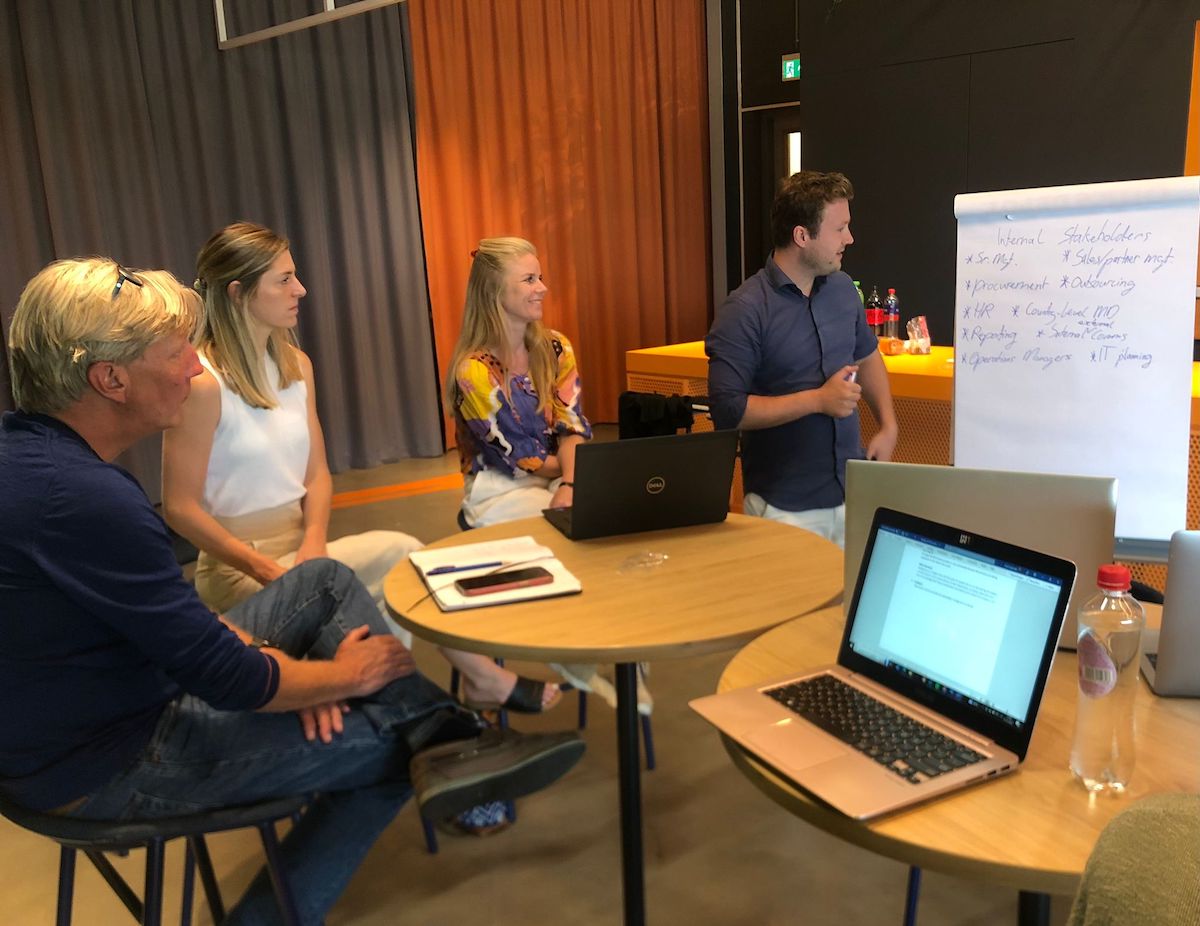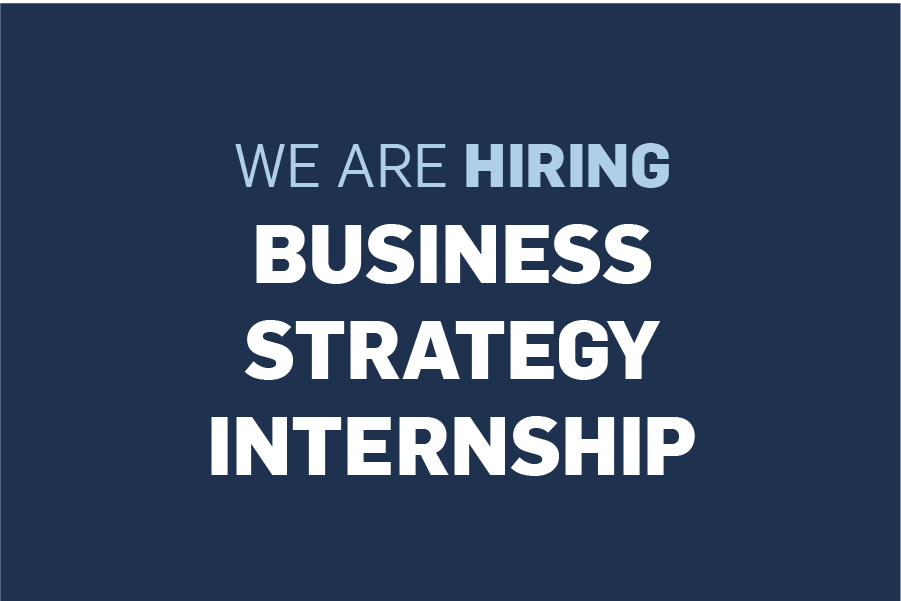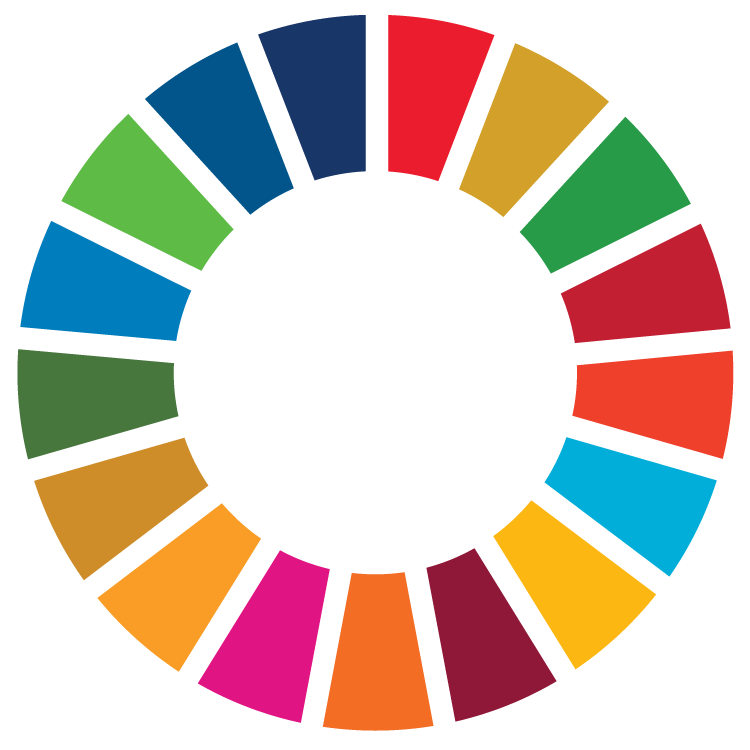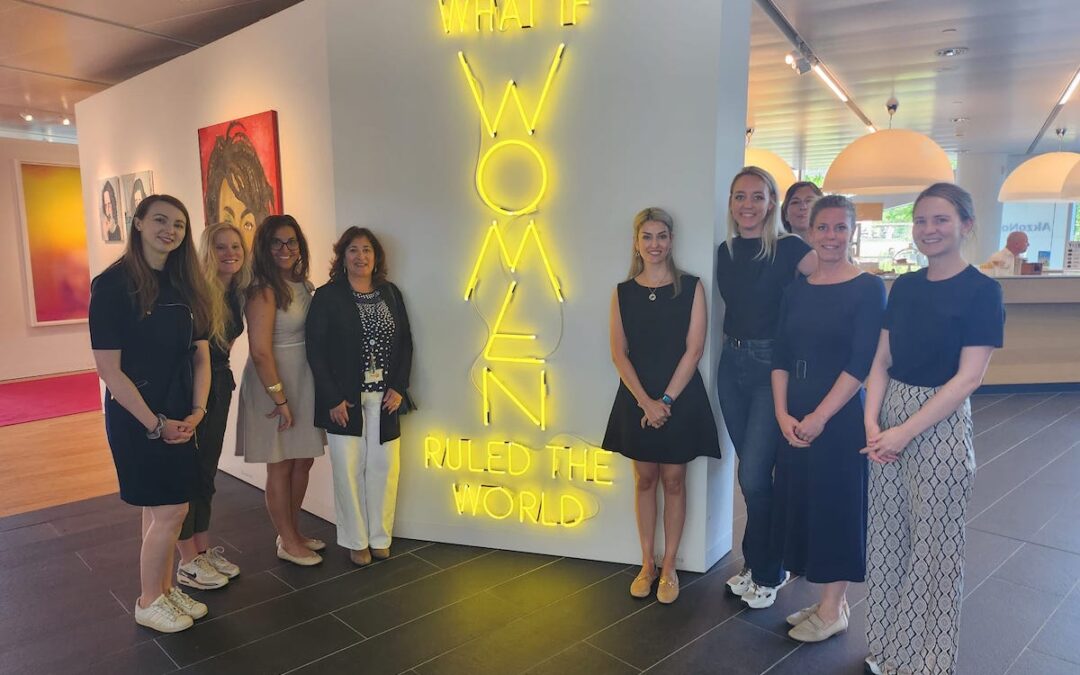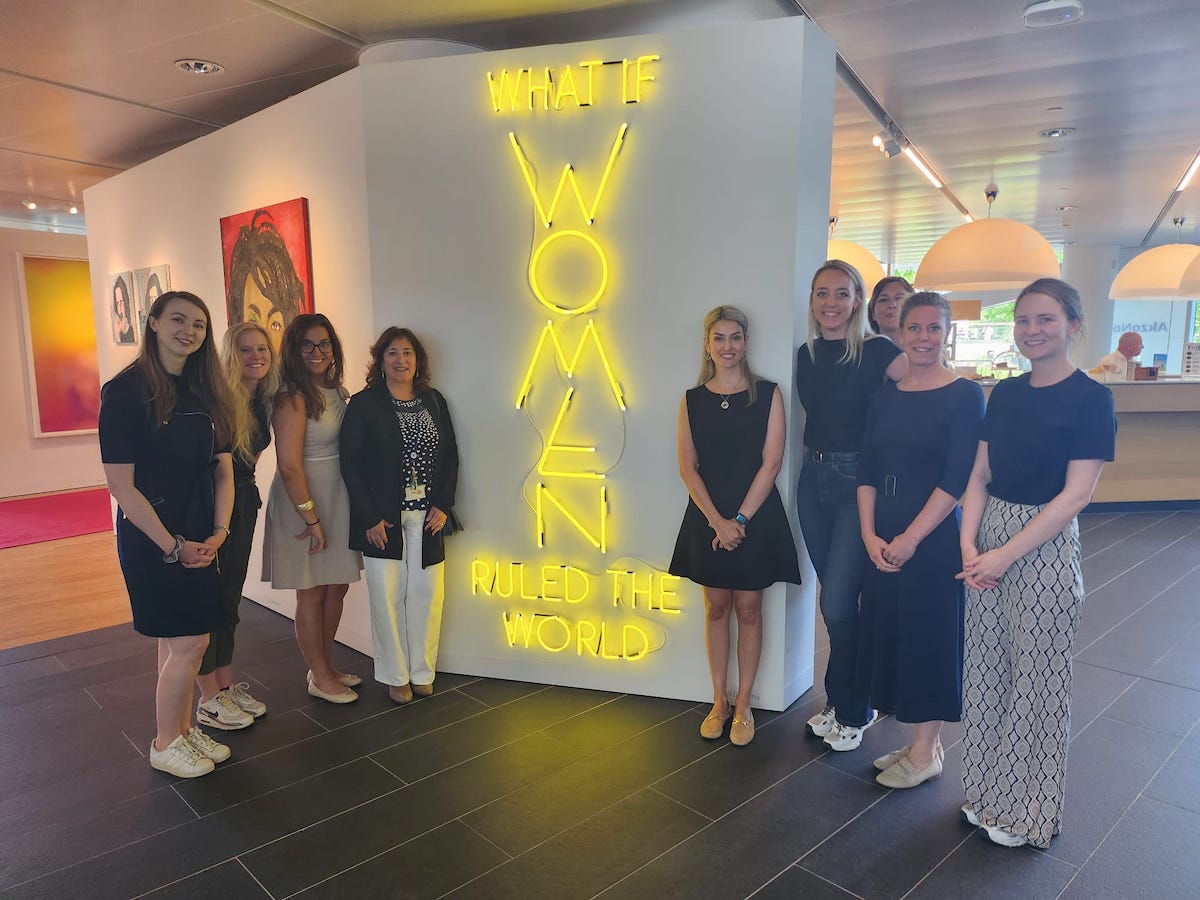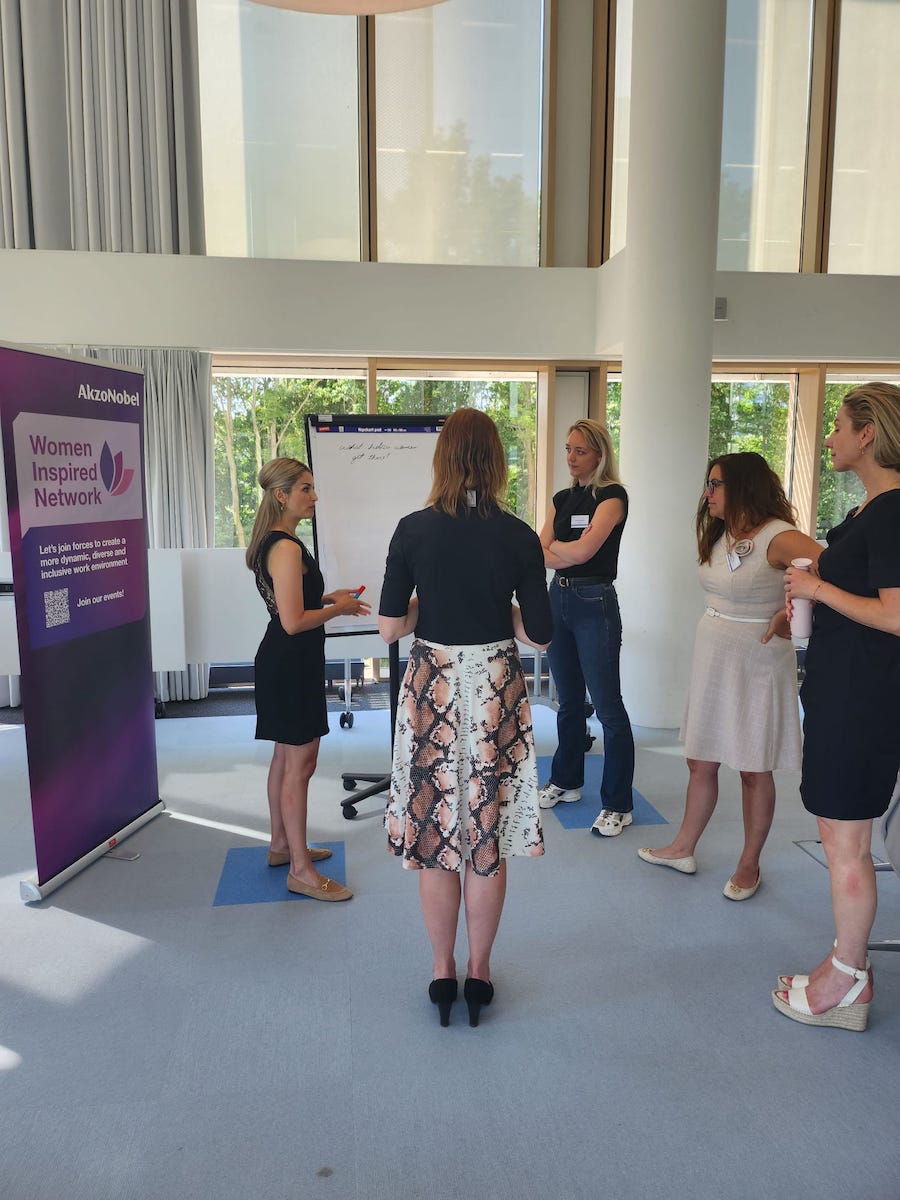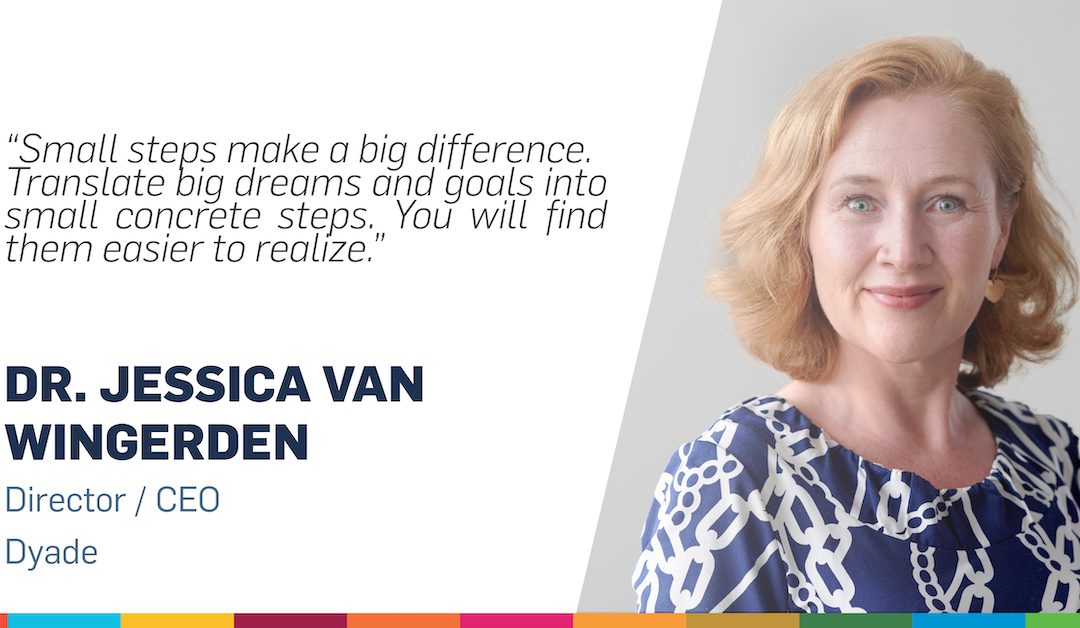
Sustainable Leadership in education and society
Sustainable Leadership in education and society
An interview with Dr Jessica van Wingerden from Dyade
Dr Jessica van Wingerden, Executive Director/CEO of Dyade, shares her vision on sustainability in education and Dyade’s role in promoting quality education, inclusion, and participation. Operating in the Netherlands for over 350 years, Dyade has a strong focus on leadership development, strategic organizational and HR advice, and support for business operations. Dyade aims to create a lasting impact on its employees, customers, and society.
The podcast ‘Sustainable Leadership’
Dyade is soon launching the podcast ‘Sustainable Leadership,’ where leaders and professionals explore the world of sustainable leadership together. The podcast aims to inspire and provide insights into the strategies and best practices of leaders at the forefront of sustainability. Guests will discuss how they contribute to various aspects of sustainability and align with the United Nations’ Sustainable Development Goals (SDGs). Our Executive Director, Merei Wagenaar, will also be a guest in one of the episodes.
Driving positive change together
In 2022, Dyade joined the UN Global Compact to showcase their commitment to sustainability to its employees, customers, and stakeholders. The organization aims to inspire others to embrace the SDGs and join the UN Global Compact, working collectively to achieve a positive impact.
“If everyone contributes that extra bit from their talents to the SDGs, together, we can achieve so much more.”
Impact through Dyade
Dyade primarily focuses on SDGs 3 (Well-being), 4 (Quality education), 5 (Gender equality), 10 (Reducing inequality), 13 (Climate action), and 17 (Partnerships for the goals). These goals closely align with Dyade’s DNA. They reflect what the organization concretely does, both internally as for its customers and society.
Dedication for sustainability
In addition to her work at Dyade, Jessica is actively involved in promoting equal opportunities, diversity, and inclusion in her private life. She serves as a commissioner at the housing corporation Hef Wonen in Rotterdam and is a member of the General Board at the Foundation for Public Education in Rotterdam (BOOR), both focused on enhancing equal opportunities for everyone in the city. In her private life, she consciously engages in sustainability by choosing local and natural consumption and practicing conscious consumerism to reduce her ecological footprint.
“Small steps make a big difference. Translate big dreams and goals into small concrete steps. You will find them easier to realize.”
Ambitions for UN Global Compact Network Netherlands
As a Board Member, Jessica aims to actively contribute to the growth, development, and visibility of the UN Global Compact Network Netherlands. She will utilize her network, knowledge, and experience to inspire leaders to engage with sustainability goals. Additionally, she wants to showcase the essential role that SMEs can play in achieving these objectives.
Quality over quantity
Jessica advises organizations and young professionals to prioritize quality over quantity when embracing the SDGs. It is crucial to create concrete action plans and take small steps to make goals more achievable. She also emphasizes the importance of authenticity and focus, allowing organizations to identify with sustainability initiatives like the UN Global Compact, promoting inclusivity and creating a visible positive impact.
The interview with Jessica showcases her passion and dedication to sustainable leadership. Dyade’s commitment to quality education and sustainability is evident through its focus on relevant SDGs. Jessica’s involvement with the UN Global Compact and her pursuit of inclusivity and positive impact reflect Dyade’s core values and her mission to contribute to a better society.
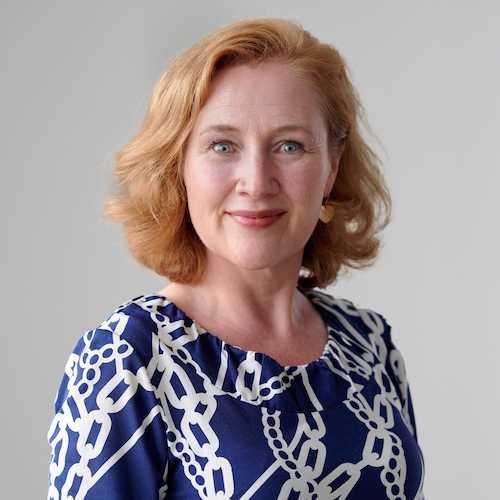
Dr Jessica van Wingerden
Director / CEO, Dyade

